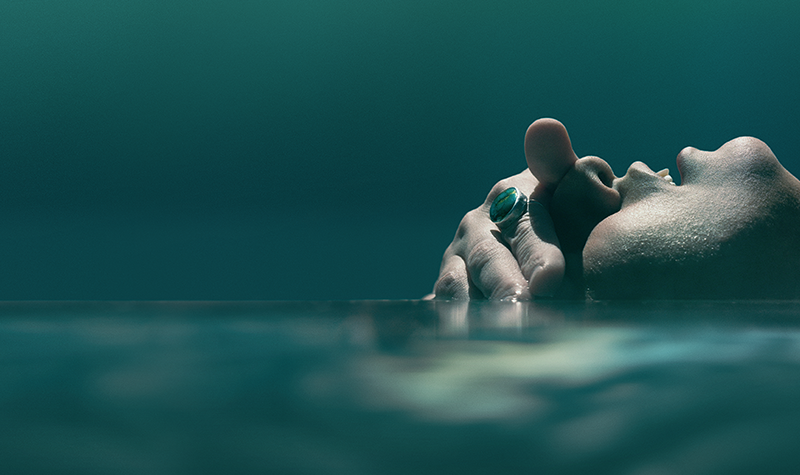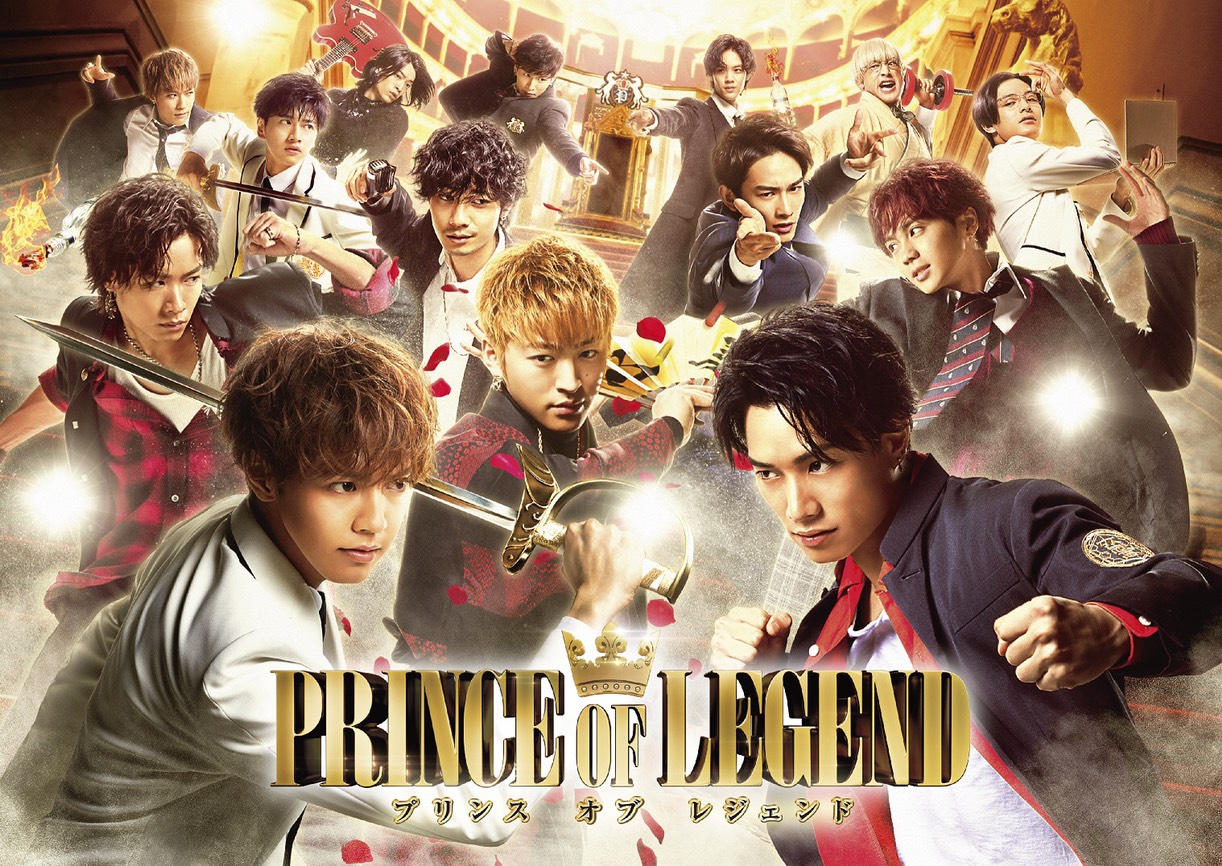How do you choose your roles?
Most of the time, it’s the directors. The good ones are usually not very intimidating and they’re great collaborators. So yes, it’s the director’s personality and the script.
You’ve worked with legends like Jean-Luc Godard and Claire Denis, as well as newer directors too like Korea’s Hong Sang-soo…
Yes, that’s because I’m very interested in Asian cinema and have also worked with first-time directors. As long as I feel that the directors have the right tone and rhythm, I’ll consider their projects. Every director has different methods. I just met up with Eric Khoo recently, and I would also like to work with Kim Ki-duk and Park Chan-wook.
Are you a method actress?
I wouldn’t really say that I have a method. I usually act with my instinct… I want to make my characters understandable. Which is why collaborating with directors is so important to me to explore different points of views. The lines between good and evil are so blur these days, and the materials give me a chance to explore these ambiguities. I am also very interested in the notions of normality and abnormality.
Amour is your second collaboration with Haneke. How is your working relationship with him?
With Haneke I started by not working with him, actually. He first offered me the role in Funny Games but I turned it down. I didn’t do it because I thought that the script had no boundaries and that made me feel very vulnerable. And then he offered me The Piano Teacher and he said to me, “You won’t do it.” I took that as a challenge, and I did it! Of course, there were still certain scenes in the film that I found risqué, but there were lots of room for exploration. Haneke plans many scenes, but he also leaves room for actors to improvise. It’s a talent to be able to set limitations and give freedom to your actors at the same time.





